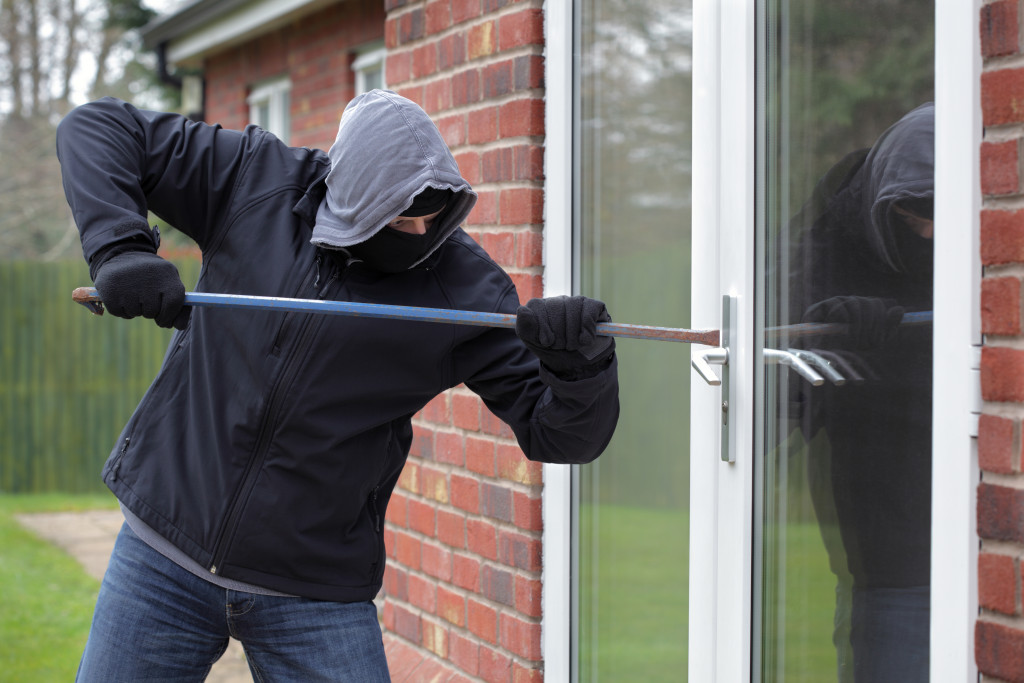Disaster and social unrest are major worries if you own any business nowadays. But unlike natural disasters, civil disorder is a lot rarer and harder to predict. One minute everything is fine, then suddenly something happens to spark unrest. This makes it essential for businesses to have an idea of how to respond to them. Your business should focus on two things: how to get through one and how to get back into operation. Here are some pointers on how to do both.
Look For Insurance Options
Before anything else, you should have some commercial property insurance to protect your business. Fortunately, most policies cover riots and civil unrest. They are usually under the vandalism clause of the plan. But you have to check to be sure. Look for specific wording or consult with your insurance agent to see what exactly gets covered. There are various ways civil unrest can disrupt or damage your business. For example, actual physical damage that you need to repair will need payment so insurance can help. But business disruption can cause several days of lost income. Some insurance plans cover that, paying you the average income for the days you were not able to operate.
Be Aware Of The News
It is always a good idea to be aware of what is happening in the news. While riots and civil unrest can suddenly happen, the signs that they can happen are very noticeable. Listen to the news and take note of any scheduled protests. If possible, you should assign one employee to monitoring duty. Knowing what is happening on the streets can give you an idea of what to do. Additionally, most protests need to file for a permit to do so, and they often advertise to get more participants. While many of these actions are peaceful, they can easily become a riot if they are provoked. Keep yourself informed of any scheduled protests so that you can decide on what
Focus On Employee And Customer Safety
If there are signs of a civil disturbance coming or you want to be safe, then immediately close the store or don’t open at all. Your main priority should be the safety of your employees and customers. Non-retail businesses should encourage employees that can work-from-home to do so if they have to pass through any trouble areas. You should also have plans on how to evacuate staff and employees if a riot does happen. Getting them out of there to a safe space is the best move possible.
Implement Security Measures
Rioters and looters are easily discouraged if they can see your store is not an easy target. If you plan to move to a new city for your business, discuss with your online real estate brokerage the precautions you need to take as well as the security you need in your area. For example, boarding up your windows and adding more locks can be a good enough deterrent. You can also hire extra security to protect your property. Discuss with them how they should respond to rioters and those who try to trespass so that you don’t have any legal issues later.

Coordinate With Law Enforcement
It would be best if you worked with law enforcement when it comes to protecting your property. If you know there will be a protest or a risk of it, contact local police to ask them for special instructions or guidance. Be ready to follow them and further coordinate with law enforcement to minimize any damage to your property. If your business does come in danger, immediately call emergency services for assistance so that you can get all possible help.
Clean Up And Restoration
When the riot is over, it is time to recover from it. If the rioters were not able to touch your property, then good news. But various types of damage can still be common. For example, riots often result in a lot of broken glass and minor fires. If your property experienced some of this, then you’ll need to do some fire damage restoration and getting your windows replaced. You will need to do some documentation first for insurance purposes, but you can start cleaning the day after the riot. You will have to be thorough, so no broken glass or anything similar is left on the floor, but you should be able to open it soon.
Depending on how bad the damage is, you might be looking at a few days of being closed to months as you try to rebuild. Proper preparation is always key to avoid the worst-case scenario. If you do it right, then your business won’t experience anything more than some cosmetic damage. At worst, you’ll lose a few products on sale. That is a lot better than losing everything.







